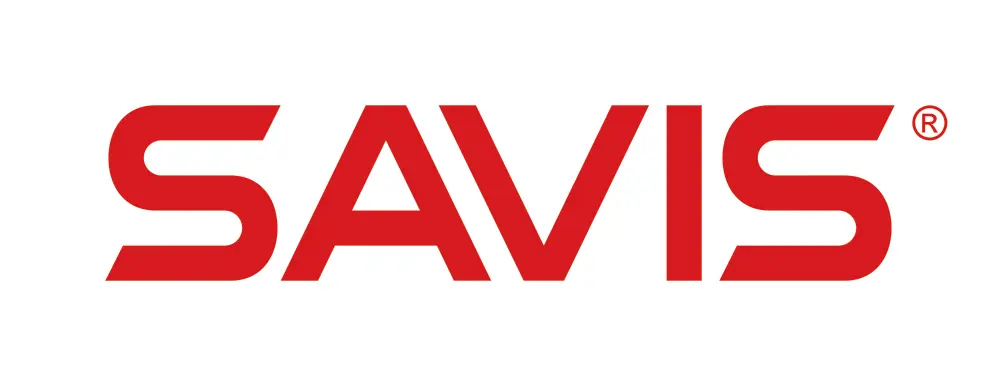A Payment HSM is meant to tighten the layers of security for concealing the sensitive information required by the retail banking industry for payment purposes. Therefore, it is ideal as it functions per the payment industry standards while maintaining adequate security for the cryptographic keys. It is a standard, tamper-resistant, hardened device that can enforce management while offering the payment-specific commands required for debit and credit card payment transactions. In addition, from the issuance of the magnetic stripe to the customer PINS and other payment information, these devices can provide an advanced level of native cryptographic support for all such major card scheme payment apps.
Understanding Payment HSM
HSM refers to the hardware-based security device responsible for building a solid foundation for secure certification authority. In case of a payment Hardware Security Module, it is tamper-resistant equipment that is widely used by the retail industry to offer high-end security for payment purposes.
To understand how these devices add an advanced layer of security to your customer payment data and information, it is essential to know how the “Four Corners” model works.
What’s that? Let’s check out!
“Four Corners” Model
Most standard payment systems use the “Four Corners” model globally. It is also named the “Four Party Scheme,” which chiefly relies on the secured environments created by the Payment HSMs. These devices are known for protecting various kinds of cryptographic operations and keys required for managing retail banking payments and credit card-based processes.
The highlights of the “Four Corners” model are:
- The Cardholder is your consumer with the payment debit or credit card from a registered bank. He is the only one authorized to use the payment card for transactions. However, in the case of a corporate credit card or any fleet card can be used only by authorized company employees.
- The Merchant refers to any type of corporate or business which will be accepting these card payments. They are often named the “Acceptor” as they are responsible for accepting these card payments for services or any products. Hence, these play a significant role as the Merchant in this Four Corner Model. In this case, the ATM might also be considered to be the Merchant as it accepts payments via credit or debit cards.
- The Issuer refers to any bank that issues these payment cards to the Cardholder. Typically, these cards are of three types: prepaid, debit, and credit cards. Mostly, these are provided on behalf of any particular card payment network, including American Express, Discover, Mastercard, Visa, JCB, etc.
Lastly, the Acquirer is any financial system or bank that offers the specific tools needed for the Merchant to process these payment card transactions. These transactions can either be done via a hardware system or software, while the Acquirer manages the return authorization codes that are produced during these transactions.
So, this is the Four Corners Model, which is pretty straightforward to understand and involves several flows combining each component. But, in layman’s terms, these are the steps that need constant travel of data and information back and forth for seamless transactions.

Payment Card Data Security Standards To Maintain
Intrigued to know how Payment HSMs function while maintaining the different roles of the Four Corners? First, let’s get an overall view of the primary payment card data security standards that the Payment Hardware Security Modules need to maintain for securing data and information:
- PCI-DSS or Payment Card Industry Data Security Standards specify how to protect cardholder data and secure the networks and payment systems while managing the vulnerabilities and access controls. It is also responsible for monitoring the networks and how the information security policy needs to be maintained. HSMs seem to play a significant role in maintaining these securities while processing payments.
- PCI PTS HSM or PCI PIN Transaction Security HSM is the one defining the security requirements for the HSMs across the complete lifecycle. US government broadly specifies this PCI PTS HSM based on the Federal Information Processing Standard or FIPS 140-2
- ANSI x9.24-1-2017 Standard addresses and standardizes symmetric key management, which is related to SCD or Secure Cryptographic Devices required for Retail Financial Services
- CC or Common Criteria is the globally recognized standard or certification, ISO/IEC 15408, which is required for selecting the highest level of security and assurance of HSMs.
- Remember that any standard HSM needs to maintain the security mandates per the PCI SSC to provide proper functionalities and benefits. Other standards include PIN Security, 3DS (ACS & DS), Card Production, P2PE, SPoC, CPoC, TSP, etc.
Do Payment HSMs maintain all these international payment security standards? Well, suppose you managed to find the best HSM vendors in the market. In that case, your company need not worry about the unmatched benefits of Payment HSMs for securing cardholder data and information.

How Can Payment HSM Help With Retail Banking And Card Payments?
Any payments conducted within the Four Corners need to be performed within a secured environment. Who can create this secured environment for your payments? It is none other than the Payment Hardware Security Modules applied throughout each of these corners.
So, this chip will act as the micro-portative HSM for a cardholder with a proper chipped debit or credit card. But things get a little bit more challenging for the Merchant corner depending on the business nature and the size of the Merchant.
The scenario seems to differ for smaller and large retailers. In the case of the smaller ones, there might be point-of-sale (POS) terminals that function with cryptographic hardware and secure memory. In this regard, the hardware will operate as a small HSM.
However, the larger enterprises might function with a hub for payment management. Here they can group and collect the payments sent to the gateways. In this case, the hubs need to use the network attached HSMs to secure the collected information and transaction data.
The Issuer will need the HSMs for various reasons, including managing the cryptography involved with payment card lifespan or the keys required for activating and processing these cards. On the other hand, the Acquirer will be responsible for managing the financial terminal keys which the Merchants use to process the cryptographic flow towards the Issuer. In this case, it will require strong, banking-grade HSMs.
With the continual increase in the number of transactions, there will always be a high risk of data theft and compromises. Therefore, these payment HSMs must integrate with the companies conducting end-to-end ciphered transactions. They need such devices to protect the data, regardless of any of the Four Corners, being in function.

Payment HSM Use Cases
A Payment HSM needs to maintain the specific payment industry standards while understanding the input data format to generate the appropriately formatted output data. A short glimpse of the Payment HSM use cases is given below:
- PIN generation, validation, and management
- Point-to-point encryption or P2PE key management
- Secure data decryption
- Payment credentials issued for payment cards and mobile apps
- PIN block translation during network switching of POS and ATM transactions
- Cash-card reloading
- EMV transaction processing
- Key generation and injection
- Electronic funds interchange
- Sharing keys securely with third-party vendors for secure communications

Increase Your Business Value with Payment HSM

If your business is storing customer data and information for multiple reasons, HSMs need to be an integral part of your company. However, storing payment data often increases the risks of cyber threats and crimes for the business. In that regard, you need to invest in hiring the best HSM vendors available in the market for data security.
SAVIS GROUP offering the best HSM-as-a-service option along with the top-rated, experienced professionals that can help you fix any on-site issues without any delay. So, to know more, get in touch with us today!





